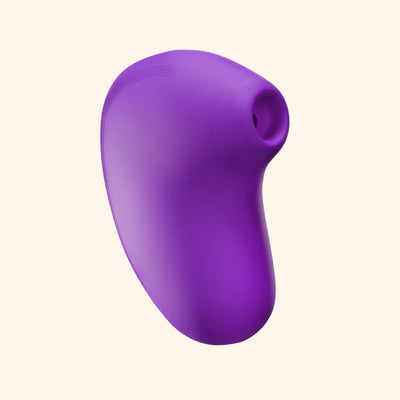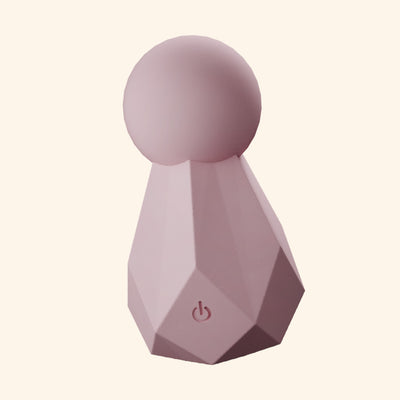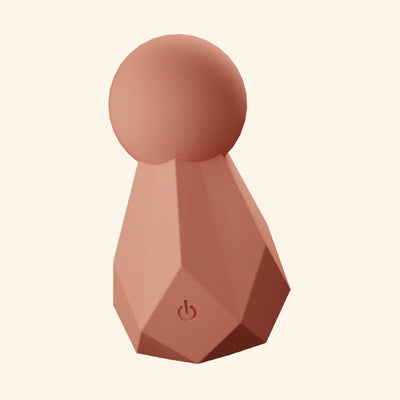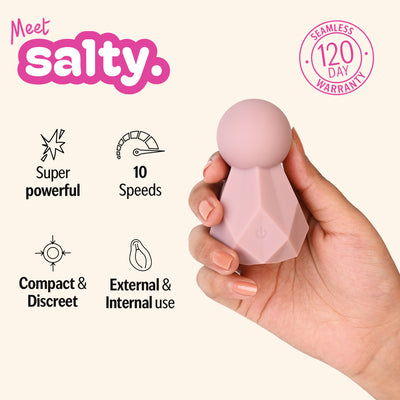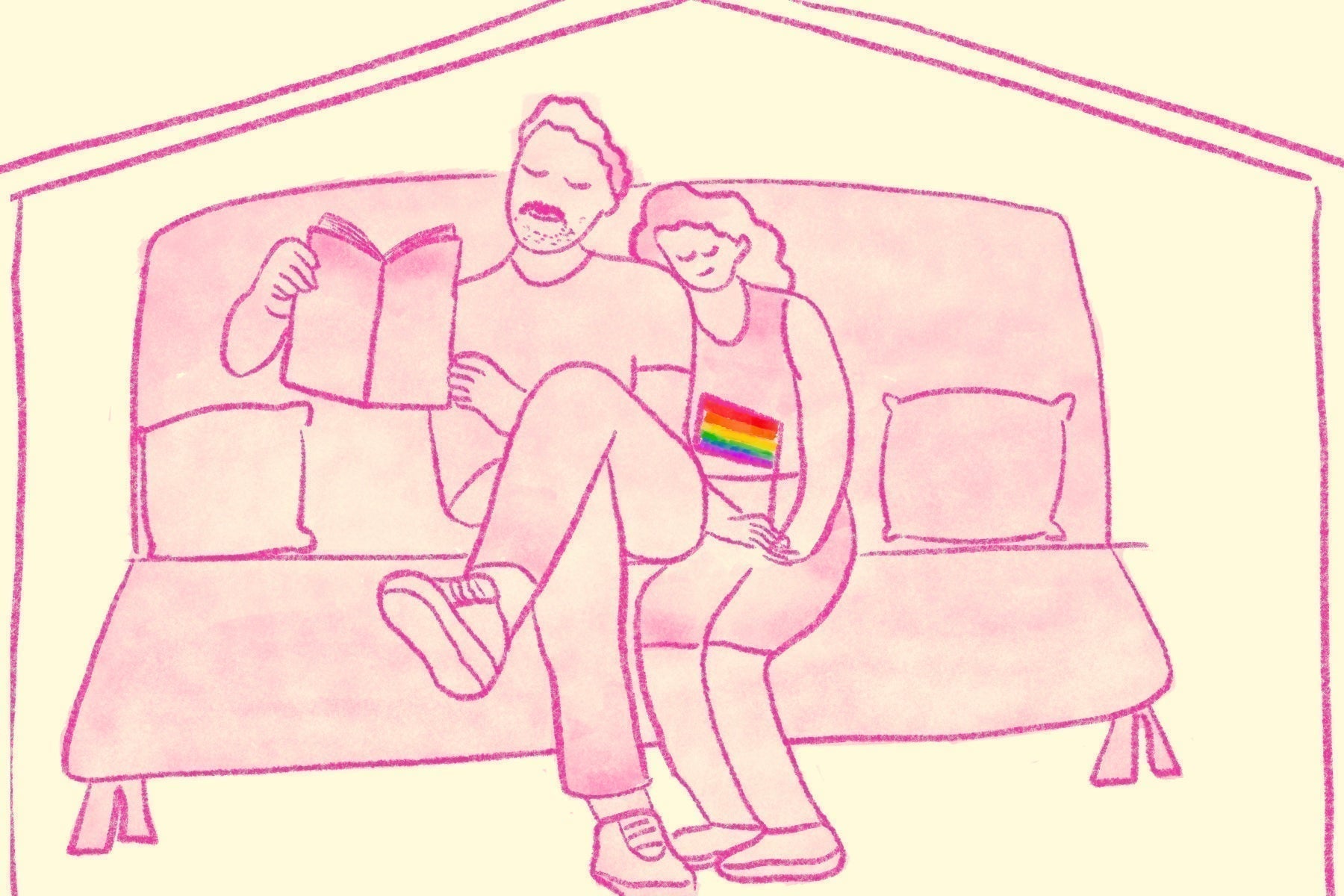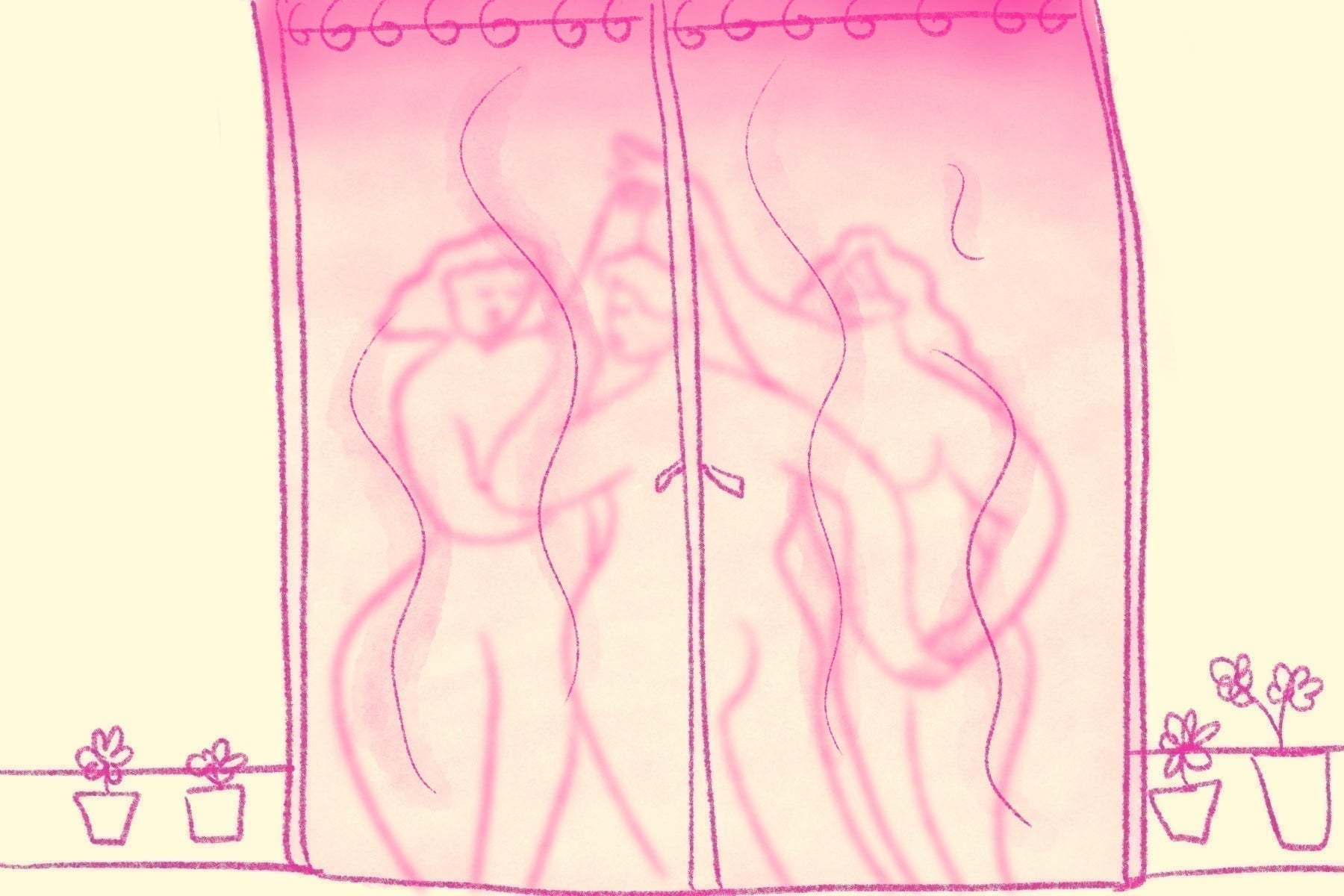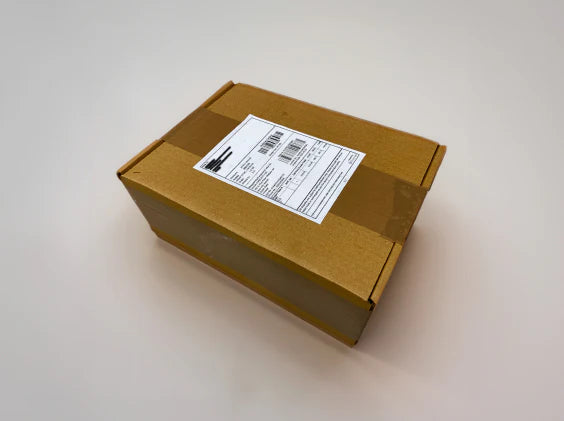Your cart is currently empty
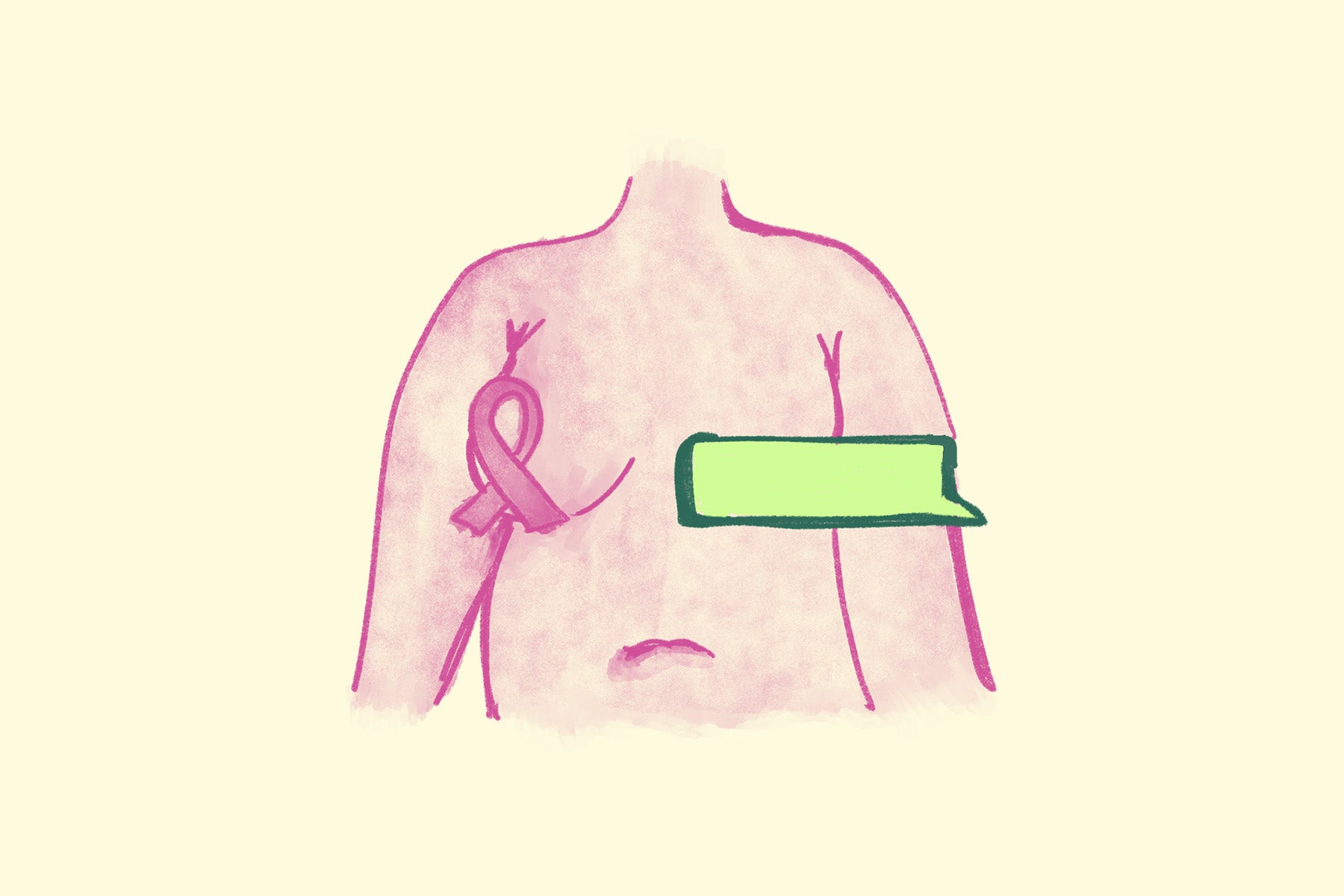
“ND is your grandmother’s sister’s daughter’s cousin”.
My mother tried to recall the long title of the relationship I shared with my distant relative, ND, when I expressed my eagerness to interview her. Before getting on call with her, the only two things I knew about her were that her daughter was pursuing the same course that I did and that she was a breast cancer survivor.
Minutes into seeing her in person for the first time, she quickly inquired how old I was and if I had gotten my HPV vaccine yet. This was a pleasant surprise given how I never expected a woman as old as my mom, in my family, to ask me a question about my sexual health. “I’m glad I’m talking about this because I know many women in my support group whose families never bother to discuss this despite them going through chemotherapy or surgery”, ND mentioned at the onset of my conversation with her.
To give you context, ND is 52 years old and a homemaker currently based in Bengaluru. She was diagnosed with breast cancer (stage 2) 5 years ago, and after going through the right treatment and mastectomy, it’s been 6 months since she’s been in remission.
Here’s an excerpt from our chat about her journey as a survivor and the need for awareness around breast cancer.
Anuja: Could you share with me what your diagnosis journey was like?
ND: “I got diagnosed when I was 48 years old, and that too only because my daughter noticed a change in the size of my breast and was vocal enough to talk to me about it. It was only when she brought it up that I actually checked my breasts in the mirror for the first time in years. A day or two later, I felt a bit of pain, which is when my daughter forced me to see a gynecologist. After a few tests and multiple visits, I got to know that it was stage 2 (breast cancer).”
Anuja: Do you remember what you were feeling back then?
ND: I think I didn’t understand what any of it meant, but what I did know was that we all (me and my family) were bracing ourselves for this. I was extremely scared because ‘cancer’ is such a trigger word for us and anyone else, for that matter. It feels like it’s the end of everything; there’s no hope of coming back from it.
I think that’s because we never learned about it, right? My mom never told me that my maasi died of breast cancer. She just told me it was lung cancer, because it was so stigmatized to talk about breasts back then. It was brushed under the carpet. And, because I didn’t know about my history, I couldn’t anticipate this either.
Anuja: Since you got a mastectomy, what was the post-op journey like for you?
ND: So, getting a mastectomy was one of the first things my doctor suggested to me in addition to chemotherapy and radiation therapy. While it is recommended, I honestly didn’t even know up until that moment that it was possible to live without one or either of your breasts. The idea in itself was so bizarre because the first thought I had was, “What will people think?” or “Will my husband be attracted to me and want to stay with a woman who has one breast?”
I think my daughter (now 21 years old) has been my biggest support all this while. She was so young and yet she used to do her research, talk to her Biology teacher, and come with me on all my appointments. I was very reluctant to get the surgery, but she’s the one who sat me down, gave me an ultimatum, and convinced me to finally be able to go through with it.
Anuja: October is Breast Cancer Awareness Month, and there are a lot of campaigns that go on during this month to spread the word. Would you like to send a message about the same?
ND: I think it shouldn’t just be restricted to a month, first thing. Every woman should know about breast cancer and, more importantly, their breasts. I have a daughter, and I know that she’s at risk. And, more than anything, it’s this fact that bothers me. I want to make sure that if there’s a chance that in her case we can prevent surgery or even get better care, we will do everything to make that happen. I was never taught to know my body, especially my breasts or whatever goes down below. My husband has seen my body more than I have seen myself in the mirror, so that says something about the mentality we have been brought up with.
---
I remember how, before the interview, I felt hesitant to talk to her about something so personal, painful and incredibly challenging. My legs were crossed, my hands were twitching, and my words were fumbling. It was only after her first response that there was a shift in energy; her comfort in her journey and sense of being made me feel at ease. She talked about surpassing her own limitations when it came to the general mindset around breast cancer back then. Even now, my mother would sometimes ask me to cover up if my top revealed my cleavage. This was the first time I could see breasts as a normal part of my body and not the byproduct of an overly sexualized gaze. When one talks about their body, they should consider it as a whole. Why are parts like breasts and genitals dropped out of the larger conversation?

If there was one takeaway I know I will be implementing in my life with the people around me, it would be to keep having the more difficult conversations in the hope that someday this might make it easier for someone to tell their story. This Breast Cancer Awareness Month, let’s start with a simple conversation.
----
About the Author


